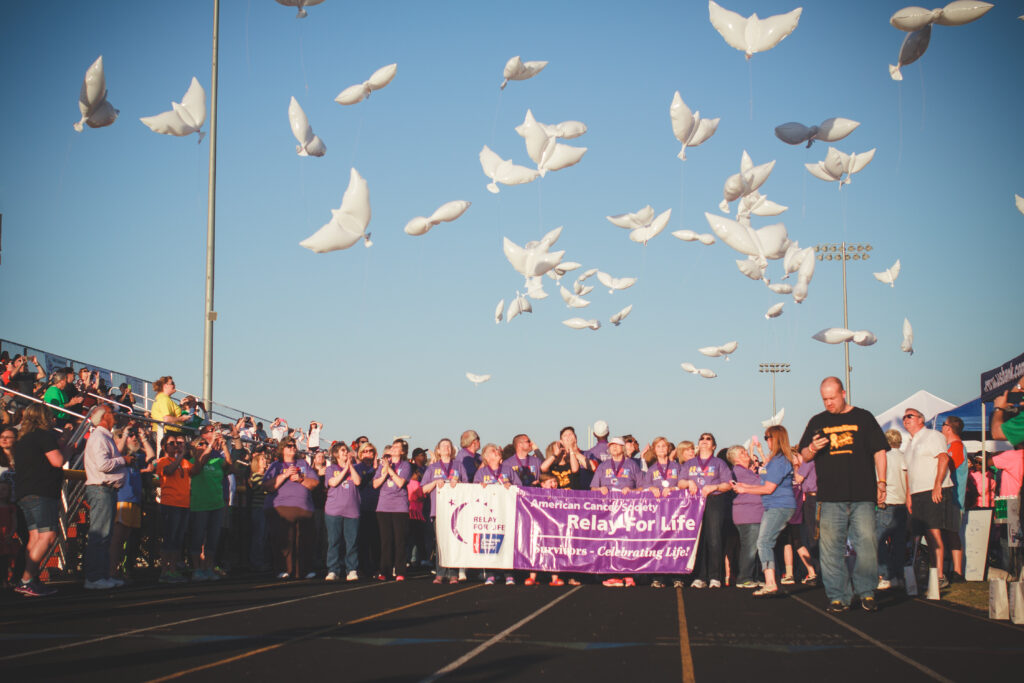Working in foster care is not for the faint of heart. They suffer physical, mental, and emotional exhaustion. Yet, these individuals serve in the frontlines of foster care day after day in order to fulfill a calling in their life. Shawn Johnson, a nineteen-year social care veteran explains, “It’s not a job we come into. It’s a calling. Other people have their missionary work or ministry work they are involved in. This is where I feel like mine is, working with in this agency to help others.”
Whitney Ladd feels a call to social work in foster care as well. Her heart’s desire is to pour into the lives of families who often didn’t receive the love and support she did growing up. She explains, “They need help. Sometimes they didn’t have the support systems I did growing up. I could be in the same boat had I not had amazing parents and a support system that pushed me forward. I like to be that support system for them.”
Whitney strives to be an encouraging voice to the families she serves, “They have had bad experiences in life. Sometimes no one ever told them they can do something. Sometimes it is the social workers that are the only ones who do that.”
Helping children and their families requires many hats from the social worker. Advocate, cheerleader, and bad news bearer to name a few. They work closely with children and their families, attend court hearings, and go to doctor’s or mental health offices to provide updates on the children they serve. They train and support foster families. They see gut-wrenching tears during a removal of a child or joyful tears and hugs at a reunification.
Circumstances that lead to a removal vary drastically from substance abuse to neglect to lack of parenting skills. The families at the center of the case often do not initially welcome the workers into their lives. The families feel angry with the situation or apprehensive regarding the social workers assigned to their cases. Over time, most families understand the worker’s greatest desire is to help them grow into a strong, healthy family for the children. Whitney encourages, “Social workers are not terrible people. We really are there to help. It’s okay to trust, open up, and let us in. Sometimes, we can help more if families will let us in.”
The moments of reunification create a sense of accomplishment for a worker. Shawn explains, “When you see a family reunited together safely and they’re successful together, that’s exciting and makes you feel like you’ve done something worthwhile.”
When reunification is not possible, the goal becomes adoption. Shawn doesn’t take lightly the loss that accompanies adoption, “Seeing children adopted, even though that is a loss for someone else, there is still a celebration of permanency, a forever home, for a child because of a family who opened their home for adoption. We still celebrate that, but you have to remember someone suffered a loss for the gain.”
The sensitivity Shawn speaks of is needed by those who experience the loss. Shawn’s words represent the heart of a worker who advocates for a child, but also supports the biological family who experience the loss.
Day in and day out, social workers like Whitney and Shawn pour themselves into the children and families they serve in order to provide the children with the best possible outcome. Even after going home from a day of work, they receive calls and texts related to cases so they are never really away from work. There are sleepless nights with children at the office when they can’t find placement for the child. They experience heartbreak when parents or guardians fail to meet goals.
On the other side of the heartache are moments of success whether on a large or small scale. Celebrations include witnessing transformed lives or major goals met such as family reunification or adoption. However, smaller victories are no less important. The moments may seem small to some, but are major in the lives of parents. Victories such as clean drug screenings, attending visitations consistently, improvement in parenting techniques, or obtaining a job all serve as building blocks for successful family reunification.
The highs and lows of the job take their toll on the workers. Self-care is something many workers forget. Shawn explains, “We forget that if we don’t take care of ourselves we can’t take care of anyone else. That’s a hard thing to remember.”
Whitney and Shawn encourage workers that self-care is something as simple as go outside and take a walk, go for a swim, garden, mow the lawn, or simply take a minute away from the computer and talk with a coworker.
There are times despite doing all they can for self-care that the job is just plain hard. Shawn explains, “If you come in with the mentally of I am going to save the world as a social worker, it’s not going to work for you. You have to accept that sometimes you are going to fail. Sometimes your efforts are not going to be enough. It’s just for whatever reason, it didn’t work. Accepting the failure is hard.
These hard times are when the calling to help others through foster care is put to the test. As for how to move past the hard times, Whitney jokes, “You cry. You eat chocolate and get a diet coke.” But she goes on to say, “I am hard on myself. I question what could I have done different and made the situation more successful. You have to know you did everything possible you could have to save the family or help the child from being removed, but unfortunately, we can’t protect everyone. I wish we could.
A person with the drive and passion Whitney speaks of is the very person needed to fill the role of social worker. Someone who can embrace the good and withstand the difficult times. Whitney encourages, “If you are dedicated and want to make a commitment to help children in your region, we need you. It is not a job for everyone. You will see and hear things you didn’t know were possible. But, there are some awesome things that you see too. Like when families reunify or you see an adoption that was three years in the making.”
She poses the question we all need to consider in regards to foster care, whether it be to become a social worker, open our home as a foster home, or provide support in other ways. Her dedication to her calling compels, “If I don’t do this, who will?”
For more information regarding foster care and how you can help, please contact Shawn Johnson at 270-247-2979.






